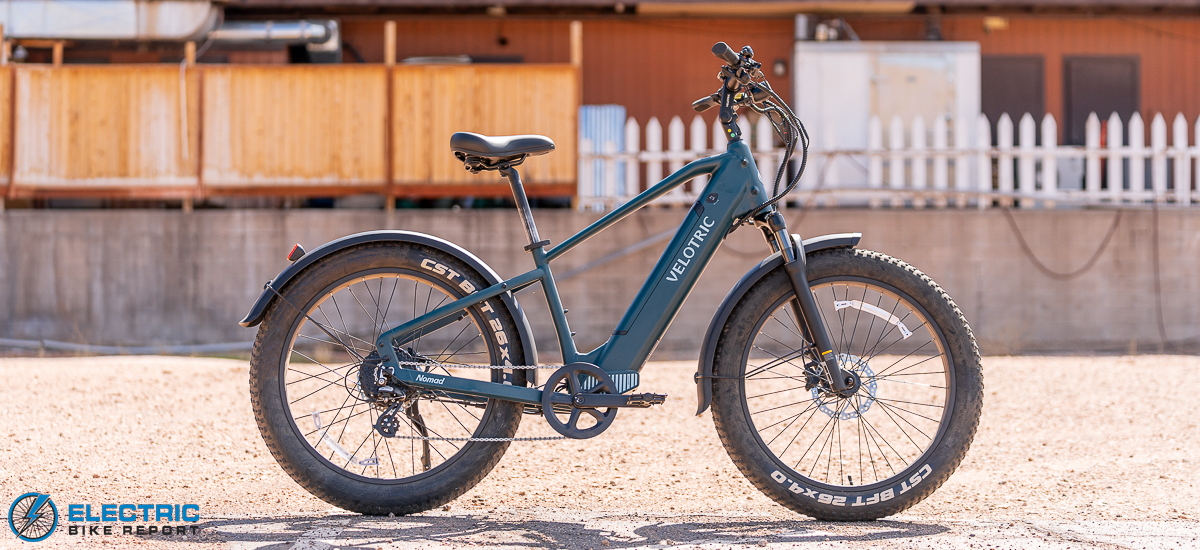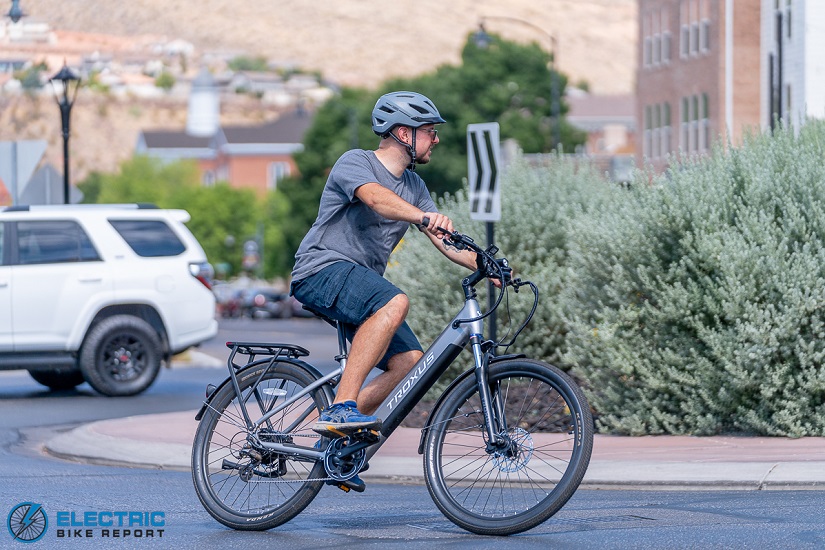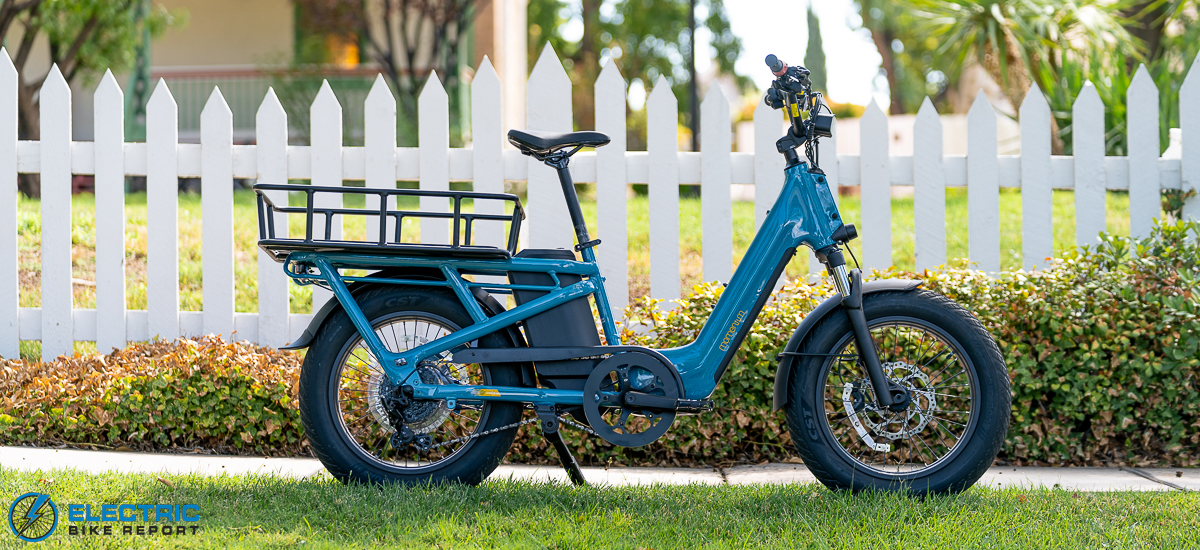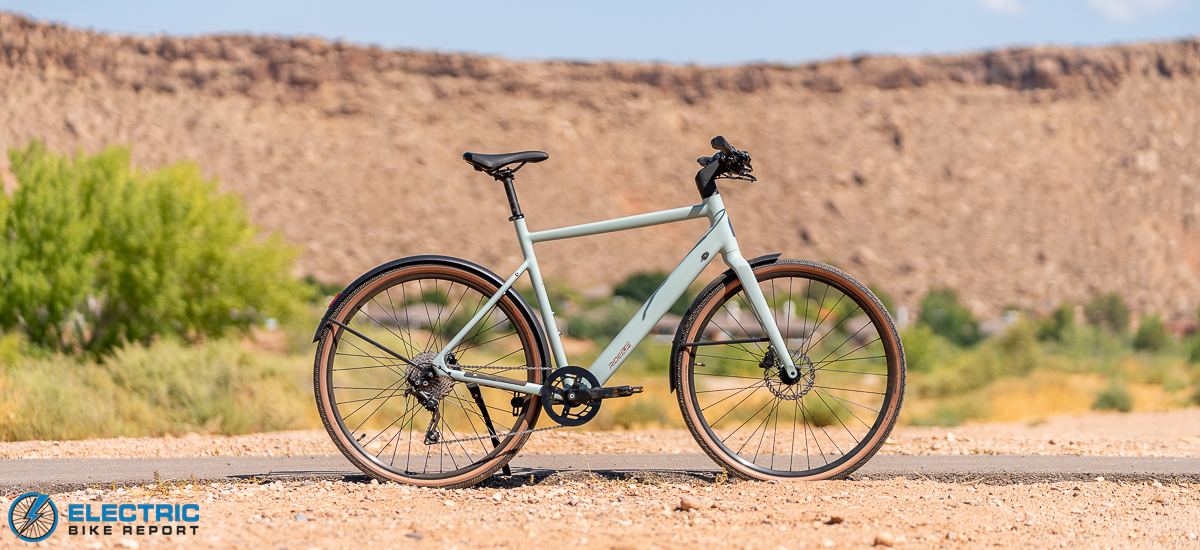
Some links may be affiliate links. We may get paid if you buy something or take an action after clicking one of these.
Broken frames hidden from regulators resulted in a criminal investigation in the Netherlands.


Those calling for increased safety will soon see new standards implemented. The new rules, set forth in EN 17860, will differentiate between cargo e-bikes in private vs. those in commercial use. The standard will also cover “double-track” cargo bikes and e-bikes (trikes) as well as electric trailers.
Among the changes in testing will be an increase in the number of cycles when testing for pedaling force. Previously the test was conducted for 100,000 cycles, but now it has doubled to 200,000.
If the e-bike is to be used commercially, i.e., as a work device, the relevant rules for ergonomics will also be enforced. Cargo e-bikes will be tested for stability at speeds of 15km/h and 25km/h with a 1-3 percent downslope on a dry surface and with a wind speed of less than 3m/s. The test will be performed three times: rider only, rider with 50 percent weight capacity and rider with 100 percent weight capacity. The stability standard will also take into account how stable the cargo e-bike is when parked. The tests will be performed with no load and 100 percent loaded.
These standards relate to the design of the cargo bike or e-bike itself, and not to the electronics. The electronics, including both battery and motor, for cargo e-bikes will still be evaluated according to EN 15194, an existing standard that all e-bikes sold in the EU are required to meet.
That separate standards have been established for cargo e-bikes that are privately owned vs. those used commercially is understandable. A cargo e-bike used commercially is going to receive a great deal more abuse than one owned by a family. The question is whether manufacturers will see a reason to make separate products for commercial vs. private use or just build all of their cargo machines with enough backbone to stand up to commercial use.
While there is no indication that authorities here in the U.S. are considering more stringent standards, it seems likely that many cargo e-bikes imported into the U.S. will conform to the EU standards, increasing consumer safety here in the U.S.
Sponsors
Reader Interactions
![]()
![]()






